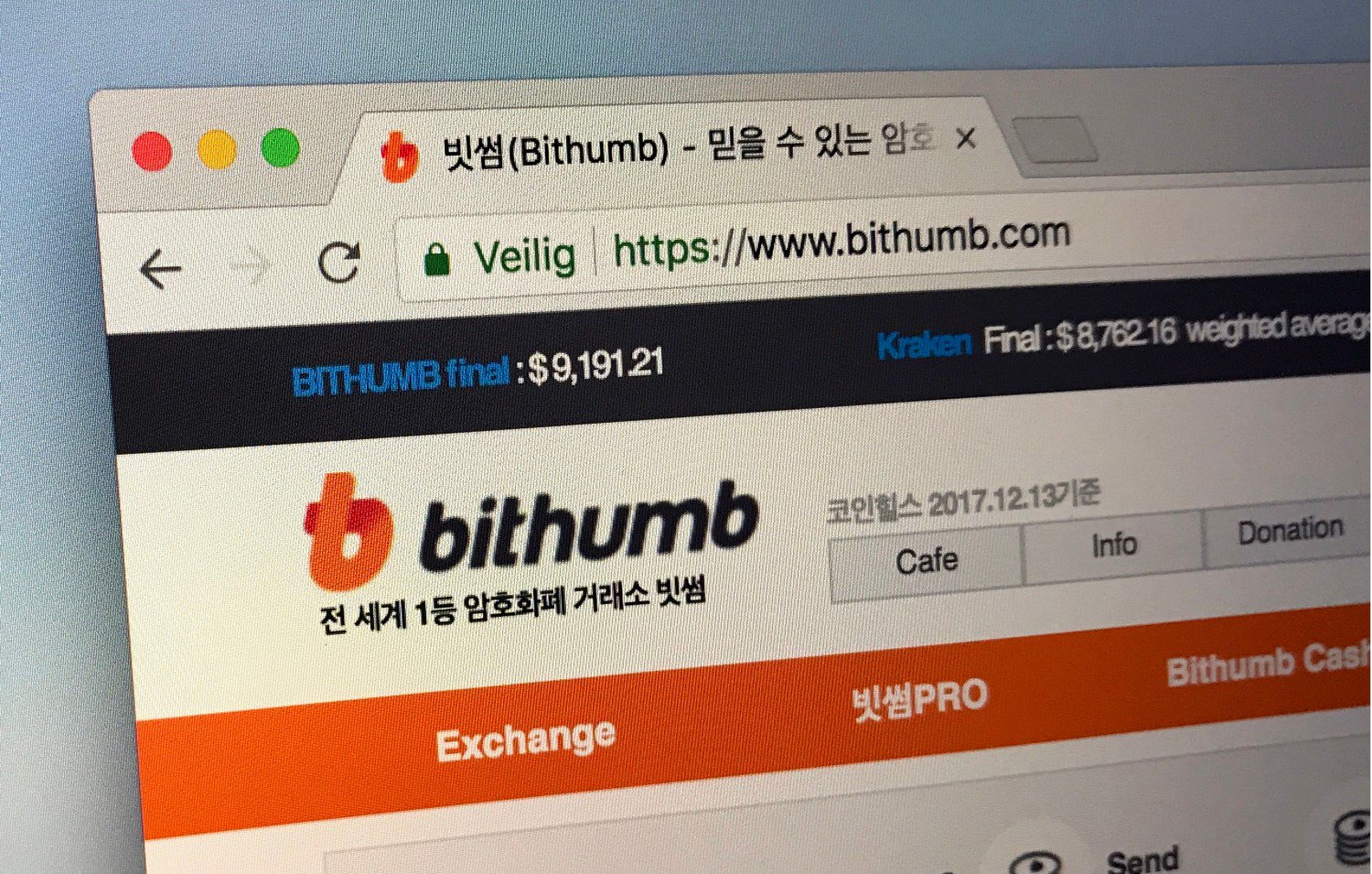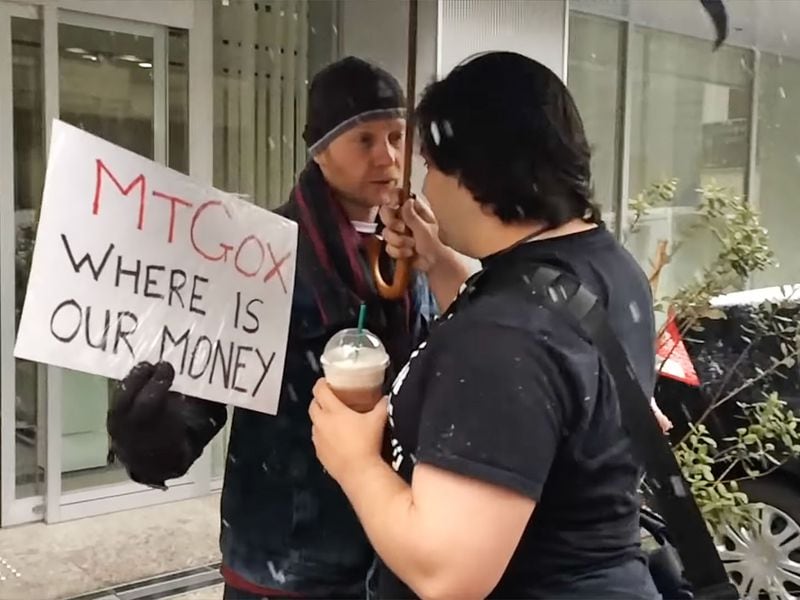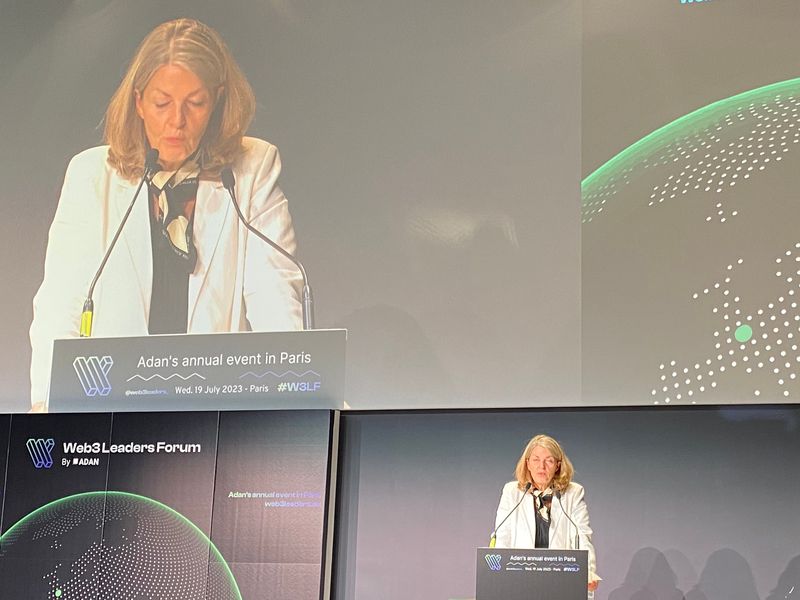The Death of a Discord Server
On April 17, ClubNFT officially shut its Discord server down. “We have decided to consolidate all our discussions onto just Twitter and Instagram,” wrote community manager Ana Marie Alanes to @everyone. It was the first server death I’d personally witnessed but I’m guessing it won’t be the last, given how recent developments in reputation and identity tokens could streamline the process of Web3 community building.
I never quite clicked with Discord. I finally dragged mine off my phone a few weeks ago and I haven’t felt out of the loop yet, so I think it’s safe to say that in Web3, Discord’s trajectory is nudging doom-ward.
James McGirk is a senior content lead at Spectral AI. He doesn’t check his Discord messages anymore.
According to James Oldham, co-founder of Web3 wallet Vero, the reason why Discord became the de facto gathering place for crypto communities was that “it offered a simple way to gate users behind different roles, offering different experiences in the same server.”
This is especially true in decentralized finance (DeFi), perhaps the most developed subsector of the blockchain industry with its defined cast of rockstar devs, deep-pocketed whales, and legion of finance punks.
There were more aesthetic reasons too. DeFi likes to thumb its nose at stodgy traditional finance (TradFi), which is why you see so many unicorns and cartoon foodstuffs in logos.
Discord, which was originally designed for Twitch streamers to keep up with their followers was about as far away from Cisco and Mircosoft Teams and Slack as you possibly could find and still maintain enough functionality. In other words, Discord was gamified, and gaming has always been enmeshed with crypto. Several prominent community managers are rumored to have led entire armadas in “Eve Online,” a notoriously difficult Swedish space-themed MMPORG, not to mention Sam Bankman-Fried’s notorious fondness for playing “League of Legends” during Zoom calls (nota bene: an early warning sign – he apparently only ranked bronze level).
Perhaps it’s appropriate that an item class in massive online fantasy game “Everquest” might end up triggering the death of all this. The new asset class Ethereum co-creator Vitalik Buterin pitched, soulbound tokens (SBTs), were inspired by Everquest’s Soulbound items that were bound to a single user and couldn’t be traded or passed between users. Buterin and a group of other high-powered programmers created soulbound tokens which were bound to a single wallet address.
This in turn inspired attestations, which are a more effervescent idea of the SBT, in that they can expire, and other forms of non-fungible tokens (NFT) that could be burned or time-locked while being bound to the users. The beauty of this token class is that it allows users to build an identity that is portable across different decentralized apps (dapps), yet isn’t under the control of a creepy centralized mega-silo like Apple or Google, or a big three credit report bureau.
Think of SBTs as reputation primitives. The company I work for, Spectral AI, created a financial reputation primitive in the form of an NFT containing a creditworthiness assessment called the MACRO Score. It measures the likelihood that a wallet will liquidate on a DeFi loan within the next 60 days. They can be used for determining interest rates in DeFi lending pools or, eventually, as composable elements of a group credit score, allowing decentralized autonomous organizations (DAOs) to arrange financing or compose financial instruments with streams of income or loans.
The beauty of decentralizing identity is similar to that of decentralizing finance generally, wresting control of our identity away from the government or information brokers is that it gives us the opportunity to own our identities and to be selective about what information we give and when.
The holy grail for financial reputation primitives is to create a protocol sound and transparent enough to offer peer-to-peer undercollateralized lending products like mortgages, short-term merchant credit, or credit cards. If you’ve ever tried getting a mortgage in a foreign country, you can appreciate how valuable something like this could be. If not, believe me, it’s a goddamned nightmare.
As things are in real life, finance is only a small part of your online, decentralized, composable identity. The stated holy grail for SBTs is something much larger, a useful tool in Web3’s aim to create a decentralized society, a post-scarcity paradise of good government and easy transactions.
Decentralized alternatives to Discord exist certainly exist, but as with all things online and interconnected, community building is secretly a way of taking advantage of network effects, and Discord is the most connected even if it isn’t designed for that purpose, meaning most users can join the community with the least amount of friction. Software, even crypto, lives or dies by building a community of active users.
You can divide the different internet eras by looking at their preferred startup marketing strategies. Building a successful tech marketing campaign once meant hiring expensive public relations firms and negotiating high-stakes licensing agreements, and, of course, it still can mean that. But as “servers” came unshackled through P2P networks and available on-call by the Cloud drifting up above Silicon Valley, a new form of marketing took hold.
Perhaps inspired by the open-source communities which helped create their software, Web 2.0 startups would often use online community-building to capture and sell to audiences of enthusiastic supporters. Within these communities were the same rigid hierarchies and mini fiefdoms, enshrined by community standards that held the disparate communities of open-source contributors together.
Twitter turned out to be an ideal format for pumping and dumping, and finding new converts, while Reddit and other template-based forums helped corral and contain the faithful. When Web3 rolled around, they followed the same pattern. Ethereum was first introduced and discussed in BitcoinTalk, an early discussion board created by early Bitcoin developer Martti Malmi.
MakerDAO, the decentralized issuer of the dai (DAI) stablecoin, was an early successful example of a forum-rooted community. The idea was first bandied about on Reddit by Rune Christensen, and later they created a forum to hold monthly community calls and post bounty programs. Chainlink also made good use of the so-called LINK Marines, although in recent years Chainlink has affected a more buttoned-down aesthetic. Gone are the once-ubiquitous LINK cubes that infested crypto meme culture and there are fewer devotional memes of founder Sergey Nazarov, replaced with far more whitepapers and well-scrubbed announcements of partnerships and hackathon sponsorships.
NFT communities were quick to follow the same model as altcoins, but they kicked it into overdrive. In the heady days of the last bull market, you could use NFTs to gate access to channels and anoint Discord users with special colored statuses to lord over their peers.
It was all pretty intoxicating at first, but once you belong to a couple of dozen Discord channels and they’re all chiming and chirping at you, you start to notice that not all of the “community building” you can see is human or motivated by wanting to get on a valuable whitelist more than communing with the community.
Admittedly that’s a cynical take, and I think there’s another reason why Discord may be losing steam – older folks like yours truly are joining communities and having trouble with Discord. I saw it first-hand last year when I ran a Discord server for Lonely ROCKS, which was an attempt at creating a decentralized self-portrait gallery. On the advice of our blockchain partner, we used Discord as a rallying point, which included a number of older digital artists and curators.
Discord is probably very intuitive if you grew up using online computer games and understand the ludic logic behind things like breaking a community up into a few dozen channels or typing backslash to summon a friendly verification bot – but to the rest of us, it was agony. Why are people leaving flaming emojis when I type? What does the pink pulsing heart suggest? Should I call HR?
One august curator who shall remain nameless, who retired from running a national museum in his 70s simply couldn’t hack Discord. We held several hand-holding sessions, but one day he blurted out that it all seemed like one great big wretched waste of time and I couldn’t disagree with him.
Younger users may also be eschewing monolithic online identities in favor of a more discombobulated existence. Although to be fair to Discord, they allow a great deal of flexibility with how you present yourself on different servers. Think of it as the shift from building your brand to Fake-Insta (Finsta).
I have no doubt that Discord is a superb forum for discussions about anime and Tears of the Kingdom, but for those of us in DeFi who weren’t whelped on digital discussions, maybe the LINK marines have it right and it’s time to don our sportcoats and swaddle ourselves in the 21st-century equivalent of IBM blue; and for DeFi, in general, to think about user experience in every aspect of community building.
Decentralizing identity and seizing the means of conveying identity is a necessary step, but so should creating a user-friendly, seamless onboarding experience for all users – even the damn boomers.
Edited by Daniel Kuhn.









